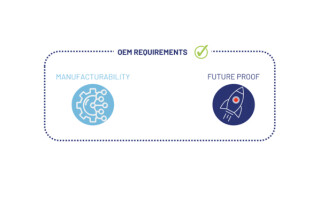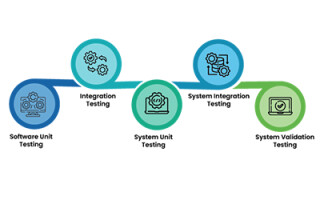Telemedicine revolutionizes senior care in Thailand
October 12, 2016

Using remote monitoring and wearables, telemedicine can help overburdened healthcare programs and facilities administer more efficient care and free u...
Using remote monitoring and wearables, telemedicine can help overburdened healthcare programs and facilities administer more efficient care and free up resources. In Saensuk, Thailand, for example, municipal nurses regularly visit elderly patients as a part of their ongoing care. However, these nurses had no reliable way of knowing if an incident had occurred or what kind of care they should expect to administer in the event of one.
To address this issue, the IoT City Innovation Center paired with Dell OEM Solutions and Intel to find a better way to care for Saensuk’s elderly. The resulting Saensuk Smart City Project combines medical sensors with electronic health record software and IoT hardware that allow caregivers to keep track of the seniors’ chronic conditions and improve the quality of care. Elderly patients are given a Bluetooth-enabled wearable that tracks daily activity such as number of steps and other movement, walking distance, and sleeping patterns. If the wearable’s sensors detect unusual activity, such as a fall, or if the panic button is activated, it alerts caregivers, allowing them to administer the proper care in a timely manner. Data collected from the program also helps managers of the Smart City Project understand what medical resources they need to adequately serve the population.
To find out more about what Dell is doing to implement and advance telemedicine solutions in the Asia Pacific Japan (APJ) region, check out their article, How telehealth, IoT are transforming health care in APJ.




